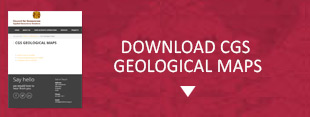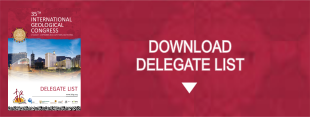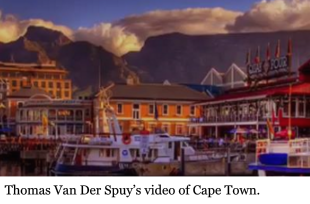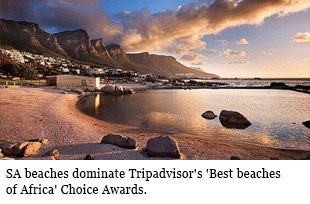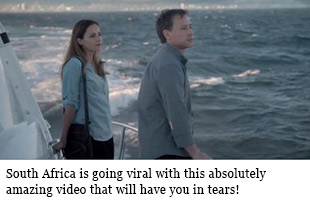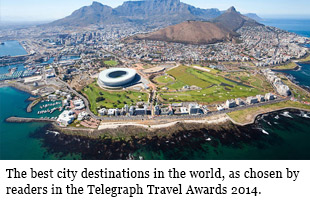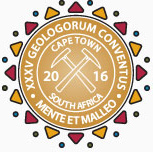
35TH INTERNATIONAL GEOLOGICAL CONGRESS
27 AUGUST - 4 SEPTEMBER 2016 | CAPE TOWN, SOUTH AFRICA
Conference Programme
Sponsors
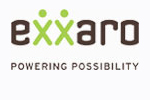


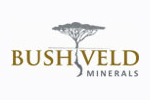

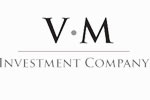
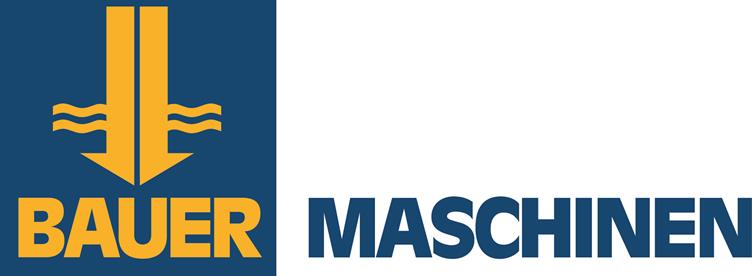








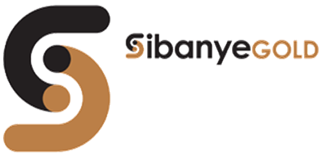
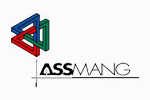
35 IGC SAGPGF




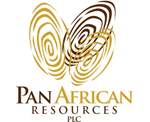
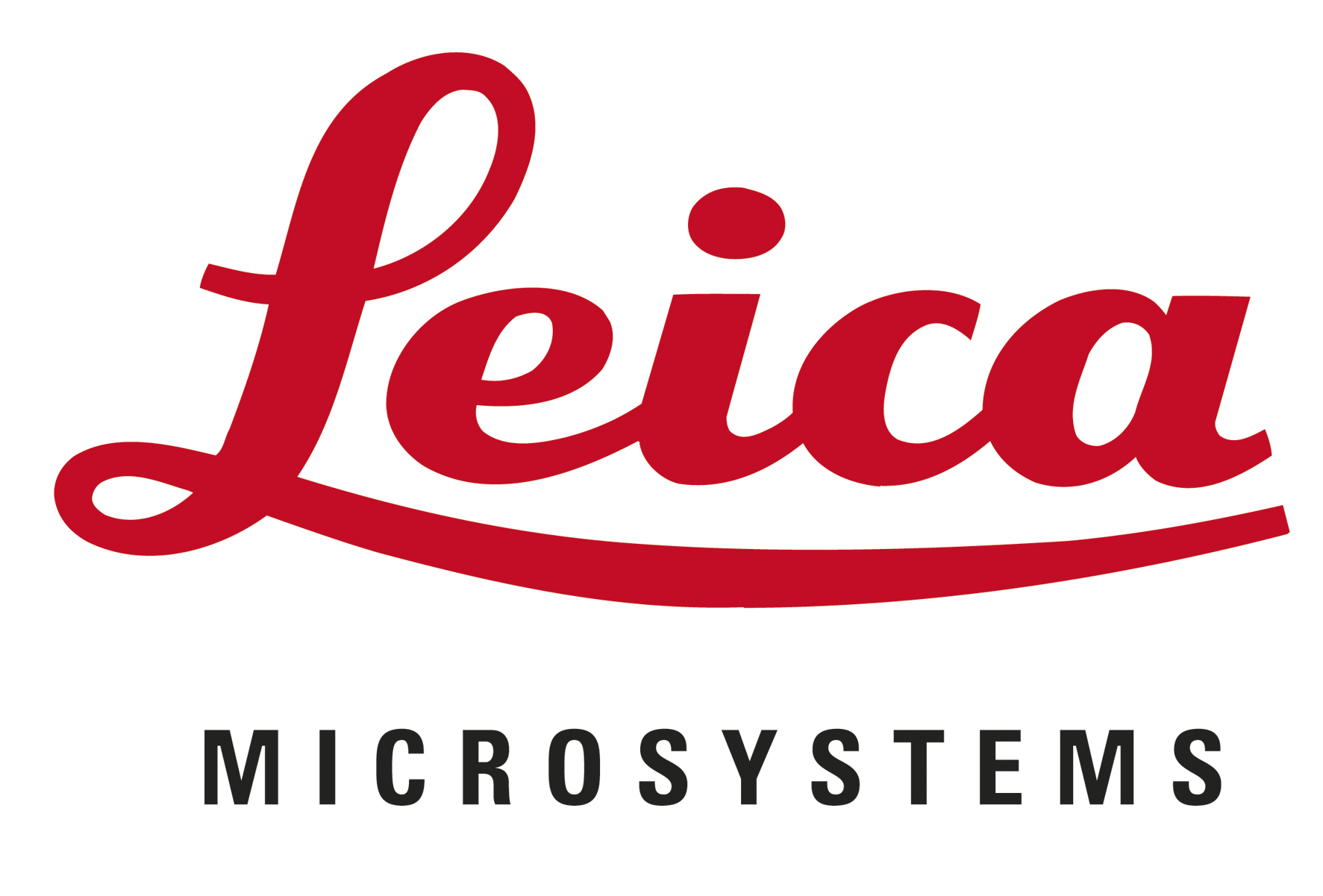
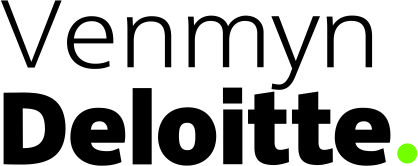
35TH INTERNATIONAL GEOLOGICAL CONGRESS
27 AUGUST - 4 SEPTEMBER 2016 | CAPE TOWN, SOUTH AFRICA
My IGC
Scientific Programme
The 35th IGC was characterized by a Scientific Programme of great diversity and relevance as well as of outstanding quality. Three core topics representing the major strands of contemporary Geoscience underpinned the scientific content, and provided the skeleton about which 48 different themes were presented. This structure is reflected as follows:-
GEOSCIENCE FOR SOCIETY
- Geoheritage and Conservation
- Geoscience Education and Public Communication
- Climate Change Studies
- Groundwater and Hydrogeology
- Soil Science
- Geoscience Data and Information Systems
- Public Sector Geoscience - Programmes and Initiatives
- Geohazards
- Proximal and Remote Sensing Technologies
- History of the Geosciences
- Medical Geology
- Global Geoscience Professionalism and Geoethics
- Geoscience benefitting Low-income Countries
- Environmental Geoscience
FUNDAMENTAL GEOSCIENCE
- Sedimentary Processes - ancient to modern
- Basin Formation and Continental Margins
- A Dynamic Earth
- The Deep Earth
- The Hadean and Archaean Earth
- The Proterozoic Earth
- Geochronology
- Isotope Geoscience
- Planetary Sciences and Meterorite Impacts
- Magmatism - Settings, Compositions and Processes
- Metamorphic Processes
- Mineralogy
- Evolution of the Biosphere and Biogeoscience
- Marine Geosciences and Oceanography
- Arctic and Antarctic Geoscience
- Surficial Processes and Landscape Evolution
- Volcanology
- Rock Deformation and Structural Geology
- Palaeontology and Palaeo-anthropology
- Instrumental, experimental and laboratory-based developments in the Geosciences
- Phanerozoic Earth History, Stratigraphy and the Geologic Time Scale
GEOSCIENCE IN THE ECONOMY
- Mineral Resources Evaluation, Geostatistics and Mathematical Geoscience
- Mineral Exploration
- Mineral Deposits and Ore Forming Processes
- Gold mineralizing systems
- Coal
- Petroleum Systems and Exploration
- Unconventional Hydrocarbons and Emerging
- Fuels
- Energy in a Carbon Constrained World
- Applied Mineralogy and Geometallurgy
- Engineering Geology and Geomechanics
- Critical metals - a global perspective
- Resourcing Future
GENERATIONS
A total of 3639 oral and poster presentations were made from a registered delegate count of 4052. We are very pleased to have been able to accommodate most requests for an oral presentation, with the ratio of oral to poster being approximately 2:1. The oral presentations included 157 keynote addresses and 10 superb plenary addresses covering the entire range of topical issues in the geosciences (see below). Some 242 delegates attended 16 workshops in the days preceding the Congress, and around 750 people participated in 45 field trips that were conducted before, during and after the main event.
The only negative feature associated with programme organization was the 914 abstracts that had to be removed from the schedule because of prospective delegates who, for a variety of reasons, could not attend – these presentations were removed from the programme to avoid the problem of large numbers of unannounced gaps in the schedule. One of the highlights of the technical programme was the diverse range of 10 plenary addresses – two presented on each of the five congress days – and covering a broad range of current and controversial issues in the geosciences today. These talks included:-
- Is Africa Doing Enough To Promote Its Mineral Endowment? - Mr Sipho Nkosi
- Grand Challenges In Metal Life Cycles – Prof. Tom Graedel
- Breaching The Boundaries Between Science And Profession – An Imperative For Geoscience In The Service Of Society – Ms Ruth Allington
- Africa, Humans and the Global Climate – Prof. Bob Scholes
- Geological Cycles and the Generation of the Continental Crust (The Alex du Toit Lecture) – Prof. Chris Hawkesworth
- Palaeobiological Insights from Fossil Bones – Prof. Anusuya Chinsamy-Turan
- Drilling Beneath The Hype - Technical Challenges For The Exploration Of Shale Gas – Prof. Joe Cartwright
- Africa Alive Corridors—a 3,5 Billion Year Geological, Biological and Cultural Biography of Africa – Dr John Anderson
- Mining Industry And Society - The New Challenging Frontier - Prof. Michel Jebrak
- Damaging Earthquakes In Africa - Their Seismotectonic Background And Seismic Hazard Implications - Prof. Mustapha Meghraoui
The 48 themes that made up the technical programme likewise covered the entire spectrum of geosciences subject matter, ranging from important societal issues (climate change, public sector geosciences, geohazards, education and outreach, etc) to hard-core economic topics (mineral exploration, conventional and non-conventional petroleum resources, critical metals, engineering geology, etc), and all underpinned by a central core that encompassed the fundamental subjects of the earth sciences (such as volcanology, sedimentary and metamorphic processes, Arctic and Antarctic geosciences, oceanography, Phanerozoic earth history, geochronology, etc). The two most popular themes were the Dynamic Earth and Mineral Deposits and Ore Forming Processes, that between them resulted in over 472 presentations.
In addition to the presentation of high-quality geosciences, the 35th IGC also provided a platform for networking and the launch of new initiatives. The Young Earth Scientists Network (YES) was well represented at the Congress and were able to host their delegates at a special lounge set aside specifically for their use. Approximately 88 presentations were given by YES delegates over the week of the Congress. Considerable media interest was generated from around the World on discussions relating to the identification of a new geological age, the ‘Anthropocene’ – these discussions were held under the auspices of the Phanerozoic Earth History, Stratigraphy and the Geologic Time Scale theme and relate to the debate around the need to recognize a new geological epoch that is defined as having been significantly influenced by mankind.
Other important events at the 35th IGC included the launch of the PanAfGeo programme under the auspices of the Public Sector Geoscience theme . This is an initiative between European and African geological surveys and is aimed at strengthening competencies of African geoscientists across a variety of disciplines and in particular the governance of mineral resources. The Exxaro sponsored panel discussion on ‘Protecting Mineral Assets for Future Generations’ was mediated by a high-level panel of international experts and attracted lively discussion around the often controversial issues related to extracting mineral resources and societal expectations. The new flagship project of the IUGS itself, Resourcing Future Generations, also saw light for the first time at the Congress with an entire theme devoted to this topic, followed by a panel discussion on the broad aims of this commendable project that will be launched with a major conference in Canada in 2018.
The Commission For The Geological Map of the World (CGMW) initiated and sponsored the printing of a new 1:10 million Geological Map of Africa specifically to commemorate the 35th IGC. This map was distributed free to interested delegates, alongside the new Seismotectonic Map of Africa and a booklet relating to mineral resources, mining and environment. And finally the American Geophysical Union (AGU) participated for the first time in an International Geological Conference by sponsoring a very successful ‘Hot Topics’ Lounge that was the focus of discussion panels and short lectures as well as simply a venue where delegates could meet and interact. The AGU also hosted a dinner discussion for delegates interested in promoting the development of planetary sciences on the African continent.
ABSTRACTS
The Scientific Programme Committee is pleased to announce that all abstracts presented at the 35th International Geological Congress are now available on the American Geosciences Institute (AGI) website: www.americangeosciences.org/information/igc
A variety of search options are available on this site - abstracts may be downloaded as pdf files - the format they were submitted in.
Abstracts should be referenced in the following way:-
AUTHORS, (2016). TITLE. Paper number. Abstract 35th International Geological Congress, Cape Town, South Africa. (http://www.americangeosciences.org/information/igc)
The local organizing committee of 35IGC would like to acknowledge the AGI’s significant contribution to the conference, and in particular to thank Sharon Tahirkheli, for archiving the Congress abstracts and creating the access portal.
 Business Meetings
Business Meetings Scientific Programme
Scientific Programme Social Programme
Social Programme 

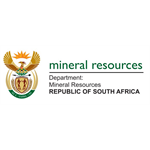








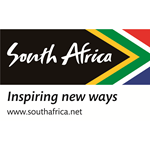



 Conference Programme
Conference Programme  Field trips
Field trips  Sponsorship & expo
Sponsorship & expo  Volunteer
Volunteer  GeoHost
GeoHost  Registration
Registration Tours
Tours  Promotion
Promotion  Publications
Publications


